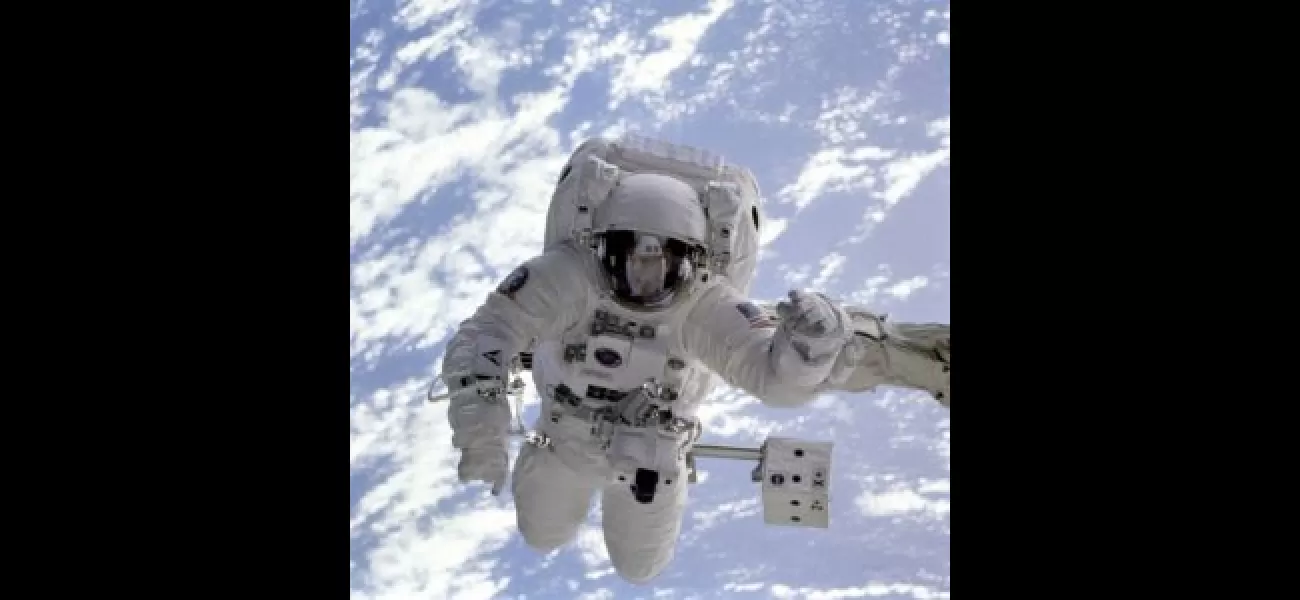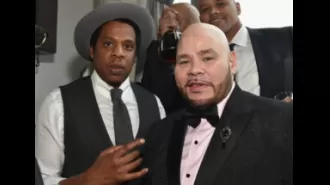Guion Bluford remains hopeful for more Black astronauts to follow in his footsteps as the first African American in space.
Guy Bluford was the first Black American in space in 1983, but only 16 have followed since then.
September 4th 2023.

August 30, 1983 marked a momentous occasion in history – the day Guion “Guy” Bluford became the first Black American to reach space. However, this grand achievement has not resulted in the progress one might have hoped for. After 40 years, only 16 Black Americans have entered space, and Bluford, now 80, is still hoping for more.
In an interview with The Houston Chronicle, Bluford remarked, “I don’t know what I expected, but I’m hopeful that we’ll get more and more African Americans in the future coming into the astronaut program.”
Unfortunately, Black students are underrepresented in STEM careers, which are prerequisites for the astronaut program. This lack of visibility is a significant barrier to success. Nonetheless, the Black astronauts who have flown have formed a close-knit group, often checking in with each other. For instance, during Derek Chauvin’s trial for the murder of George Floyd, the group of astronauts organized a video call to the International Space Station to make sure their fellow Black astronaut Victor Glover was doing okay.
In 2022, they called to check up on Jessica Watkins, who became the first Black woman to complete an International Space Station long-term mission. Glover and Watkins comprise half of the active Black NASA astronauts who are available to be assigned to missions, with two more in the process of completing their training.
In 2024, Glover is set to become the first Black man to orbit the moon on NASA’s Artemis II mission. Furthermore, NASA is also considering a moon landing mission in 2025 that could potentially include a person of color on its crew.
This follows President Kennedy’s push to include Black astronauts. He chose Ed Dwight to train as an experimental test pilot in hopes that he would become an astronaut. However, Kennedy’s assassination in 1963 significantly hampered these developments and Dwight eventually left NASA and became a world famous sculptor.
Leland Melvin, an executive producer of The Space Race, a documentary about the experiences of Black American astronauts, commented on the lack of awareness about the history of the space race: “They flew this Afro-Cuban to space and they used it as propaganda against us to get Black people to come to live in the [US]. No one really knows about that history of the space race.”
In 1985, five years after the Russians sent Afro-Cuban Arnaldo Tamayo Méndez into micro-gravity, Frederick Gregory became the first Black American astronaut to pilot a shuttle.
Bluford has taken it upon himself to encourage Black students to get into aerospace, noting he had not seen many other Black aerospace engineers during his time as an aerospace engineer.
In recognition of Bluford's accomplishment, NASA released a statement honoring his legacy and the many African American pilots, engineers, scientists and others who have continued to explore the cosmos: “When we enable individuals to inclusively participate, we provide space for all possible talent, skills, knowledge, perspectives, ideas, thinking, problem-solving and innovations.”
In an interview with The Houston Chronicle, Bluford remarked, “I don’t know what I expected, but I’m hopeful that we’ll get more and more African Americans in the future coming into the astronaut program.”
Unfortunately, Black students are underrepresented in STEM careers, which are prerequisites for the astronaut program. This lack of visibility is a significant barrier to success. Nonetheless, the Black astronauts who have flown have formed a close-knit group, often checking in with each other. For instance, during Derek Chauvin’s trial for the murder of George Floyd, the group of astronauts organized a video call to the International Space Station to make sure their fellow Black astronaut Victor Glover was doing okay.
In 2022, they called to check up on Jessica Watkins, who became the first Black woman to complete an International Space Station long-term mission. Glover and Watkins comprise half of the active Black NASA astronauts who are available to be assigned to missions, with two more in the process of completing their training.
In 2024, Glover is set to become the first Black man to orbit the moon on NASA’s Artemis II mission. Furthermore, NASA is also considering a moon landing mission in 2025 that could potentially include a person of color on its crew.
This follows President Kennedy’s push to include Black astronauts. He chose Ed Dwight to train as an experimental test pilot in hopes that he would become an astronaut. However, Kennedy’s assassination in 1963 significantly hampered these developments and Dwight eventually left NASA and became a world famous sculptor.
Leland Melvin, an executive producer of The Space Race, a documentary about the experiences of Black American astronauts, commented on the lack of awareness about the history of the space race: “They flew this Afro-Cuban to space and they used it as propaganda against us to get Black people to come to live in the [US]. No one really knows about that history of the space race.”
In 1985, five years after the Russians sent Afro-Cuban Arnaldo Tamayo Méndez into micro-gravity, Frederick Gregory became the first Black American astronaut to pilot a shuttle.
Bluford has taken it upon himself to encourage Black students to get into aerospace, noting he had not seen many other Black aerospace engineers during his time as an aerospace engineer.
In recognition of Bluford's accomplishment, NASA released a statement honoring his legacy and the many African American pilots, engineers, scientists and others who have continued to explore the cosmos: “When we enable individuals to inclusively participate, we provide space for all possible talent, skills, knowledge, perspectives, ideas, thinking, problem-solving and innovations.”
[This article has been trending online recently and has been generated with AI. Your feed is customized.]
[Generative AI is experimental.]
0
0
Submit Comment





